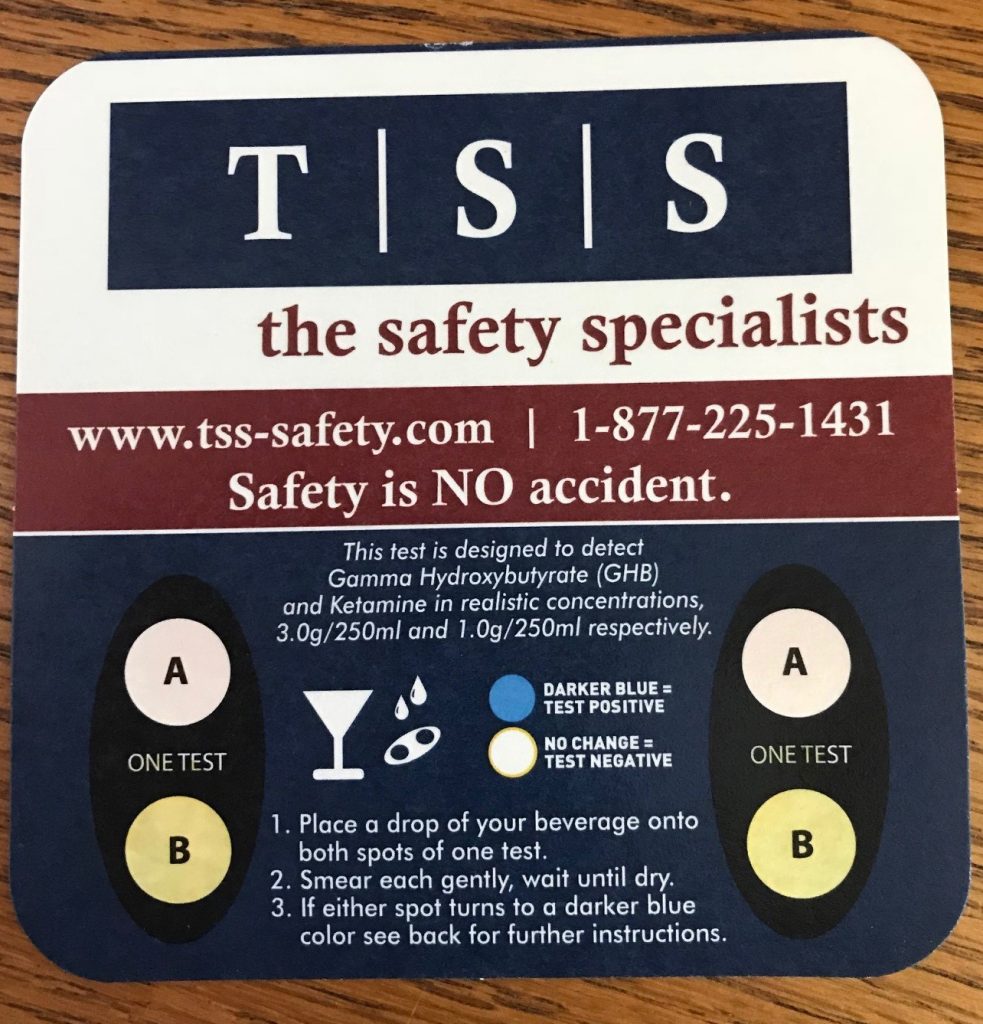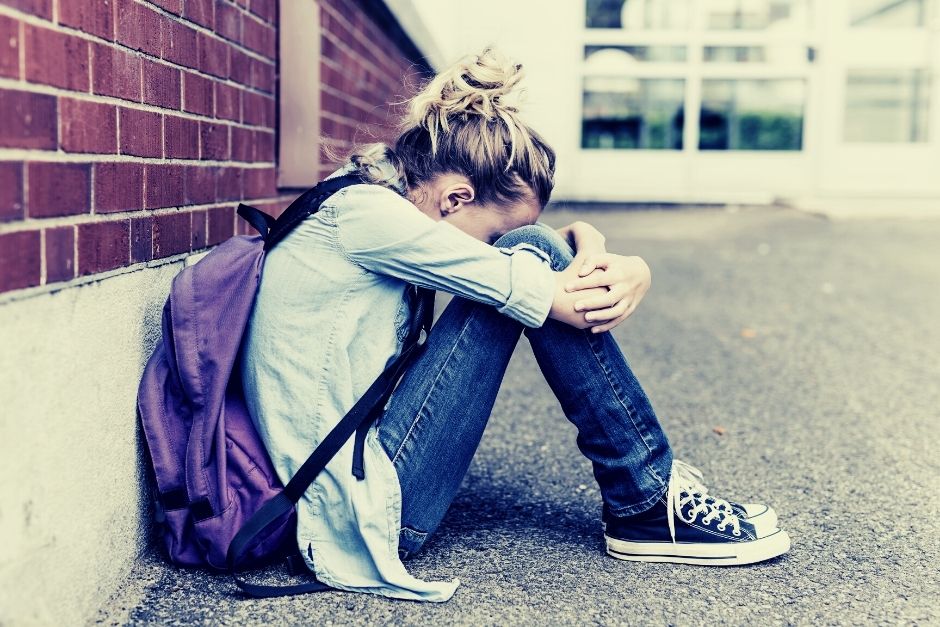At TSS, Inc. our safety specialists are accustomed to helping workplaces develop safety plans.
We know from experience that good planning is the key to minimizing risks. So, it’s not surprising that during National Teen Dating Violence Awareness Month (February), that we think in terms of policies and protocols when we consider how to protect our young people.
The adolescent and teen years are full of new risks to health and safety. Driving accidents, substance use, exposure to firearms, cyberbullying, mental health issues and suicide are all on a sharp rise during this time. So is dating violence. According to the Domestic Violence Awareness Project, in a given year, approximately 1.5 million high school students in the United States experience physical abuse from a dating partner and 33 percent of adolescents are victims of sexual, physical, verbal or emotional dating abuse.
With these numbers in mind, it makes sense to develop a dating safety plan with your child, just as you would create a workplace safety plan.
What should a dating safety plan include?
Rules and guidelines –
- Give your teen a curfew and let them know the consequences for breaking it.
- Require your teen to introduce their date before they can go out.
- Have your teen tell you where they are going and what they are going to do.
- Establish certain check-in times.
- Have your teen be available by phone or text at all times.
Emergency protocols –
- If your teen is ever in a bad or potentially bad situation, having a predetermined plan in place to get out of it is important. This could be a safety text that means you must to pick them up immediately or a previously formulated excuse. Not only will this help to keep your teen safe, but it also will make it easier to leave a potentially unsafe date without embarrassment.
Safety precautions –

- There are specific things your teen should know before ever going on a date. Some of these include how to do basic self-defense, to avoid taking food/drink from anyone at a party/event, to never leave their food/drink unattended, to have a charged cell phone battery before leaving the house, to leave unsafe areas immediately, to have cash on hand and to follow their gut. Consider, having your teen keep a Contaminated Drink Test Coaster in their pocket, purse or backpack at all times. Available for $5.45 through the TSS website, these coasters by Drink Safe Technologies, detect GHB and ketamine, which are the two most popular date rape drugs.
Frequent Communication –
- Work with your teen on developing the safety plan and setting safety rules. Remind them that your priority is their safety, not control.
- Remind your teen that they deserve to be respected and that abuse is never a sign of love.
- Build trust. A teen who trusts you is more likely to tell you things and let you into their lives. They also will feel more comfortable introducing you to their friends who may share information with you if your child is in trouble.
Routine check-in –
- Make sure you are available and open to talking after your child’s date. You may have to start the conversation.
- Look for red flags. Does your child’s boyfriend or girlfriend lose their temper? Are they controlling? Do they isolate your child from their friends? Does your teen seem intimidated or scared when they come home from their date?
Also, consider encouraging your young person to create their own, personalized safety plan. This will push them to think more deeply about their routines and the choices they make, who they are with and the precautions they can take to be safe. The advocacy group loveisrespect.org has developed a helpful guide and teen safety plan template that any teen can fill out.
Research shows that one-quarter of parents don’t talk to their teens about domestic violence, let alone create a safety plan with them. By sitting down with your child and working through a set of policies and protocols, you are helping to protect them from potentially dangerous situations that could impact them for the rest of their lives. If you feel like your teen is in imminent danger, call the National Domestic Violence Hotline for help at 1.800.799.SAFE.

